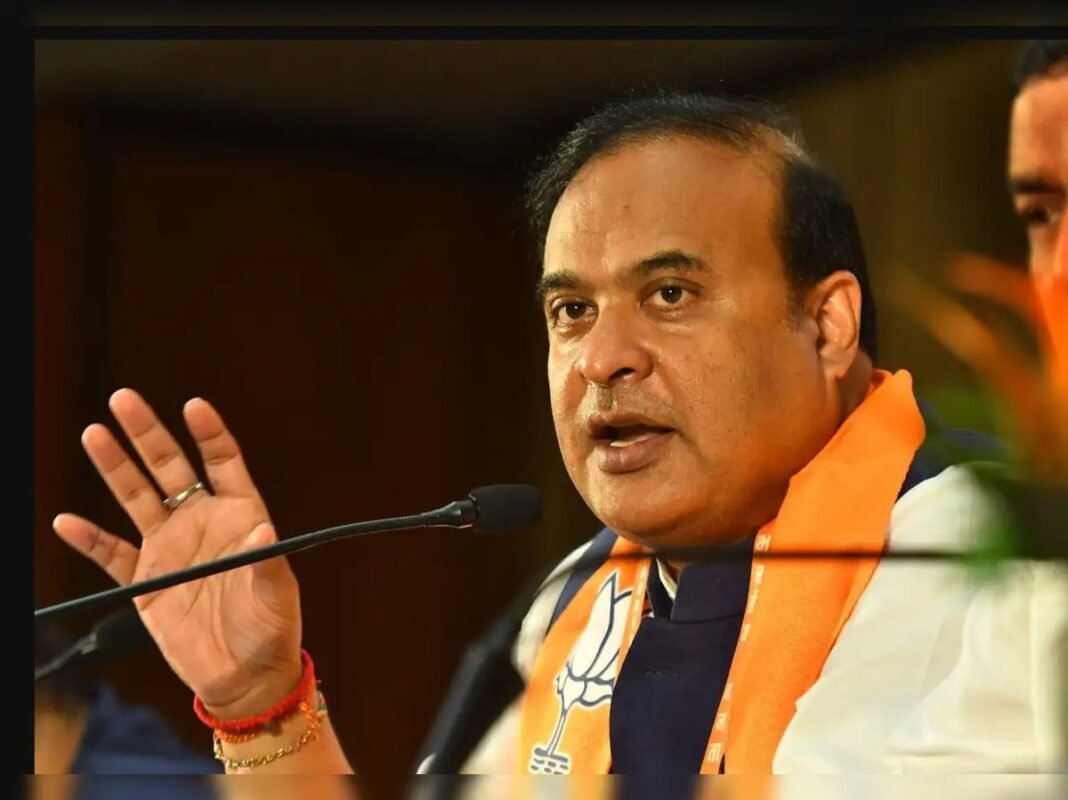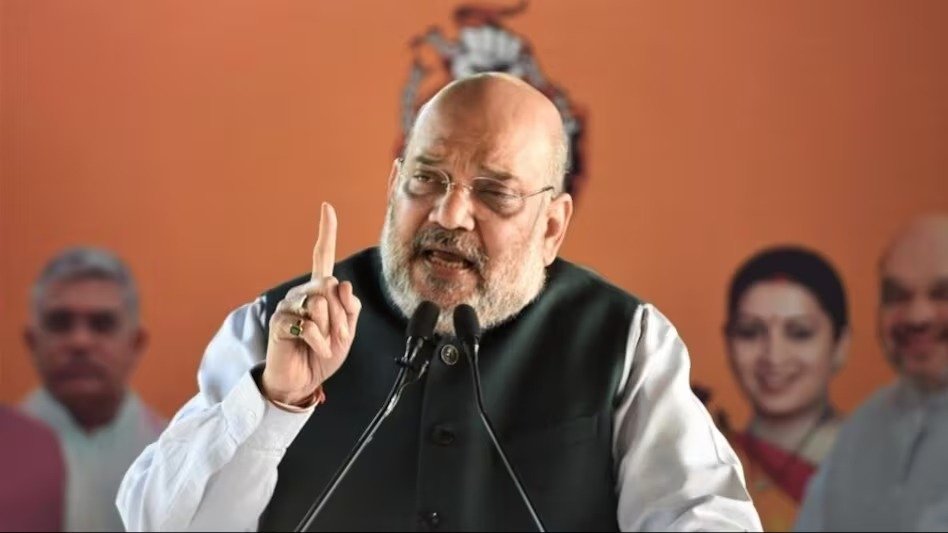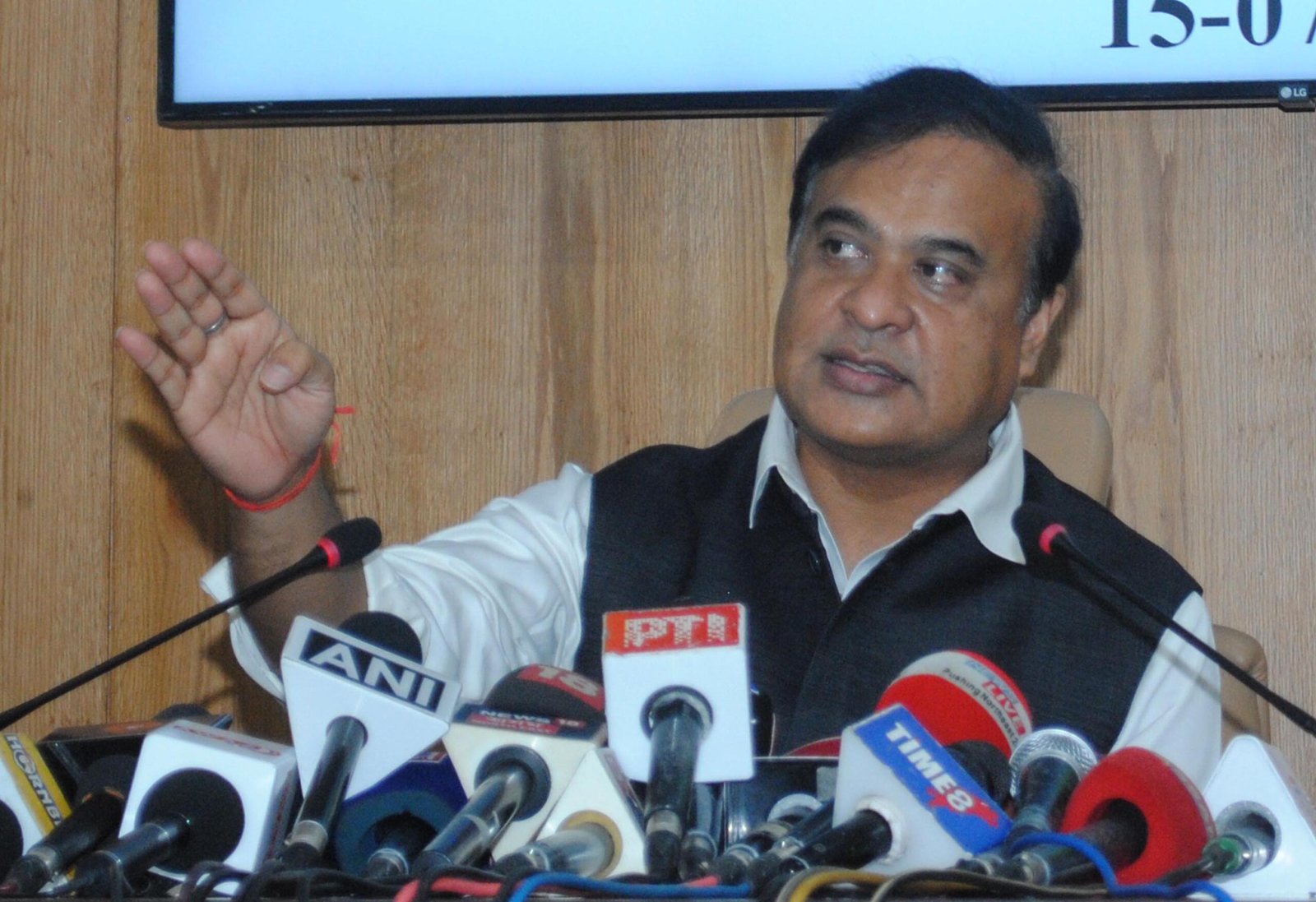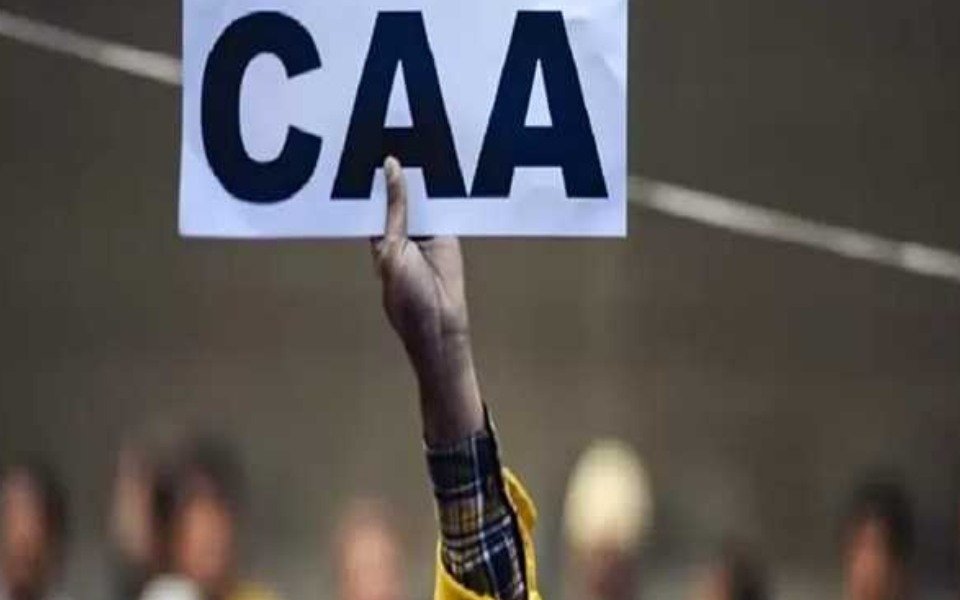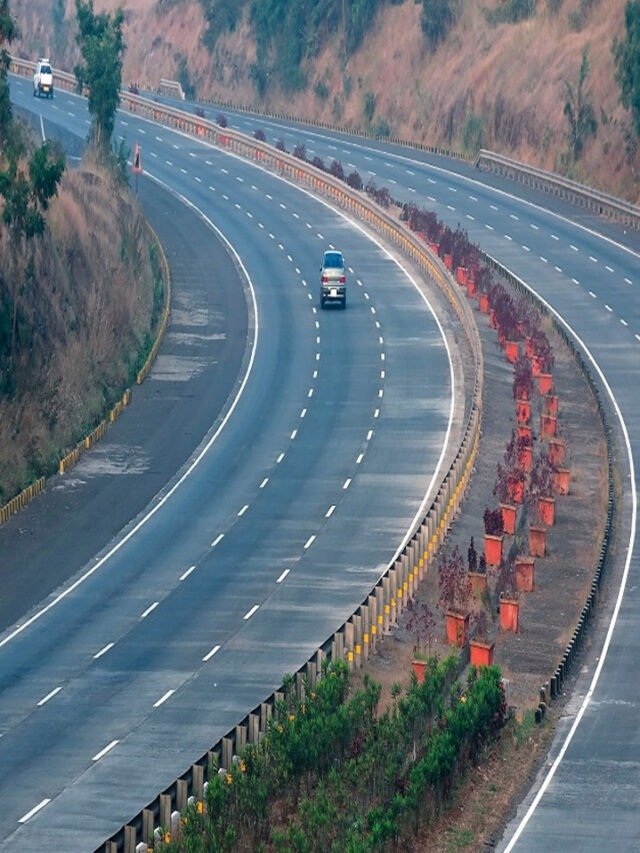HT DIGITAL
GUWAHATI, AUGUST 9: Assam Chief Minister Himanta Biswa Sarma on Thursday made it clear that the state government has not ordered a special instruction to withdraw cases of non-Muslim illegal foreigners who have entered the state prior to 2015. Addressing the media after a cabinet meeting, Sarma was categorical that the protection given to them is directly under the Citizenship (Amendment) Act (CAA), 2019, and does not involve any independent or additional government direction.
“The state government has not given any direction, barring what already exists in the CAA,” Sarma stated. “If any cabinet decision is taken, I always come and inform you. No special decision has been made.” He further stated that the CAA itself grants legal immunity to non-Muslim immigrants—Hindus, Sikhs, Christians, Buddhists, Jains, and Parsis—who arrived in India on or before December 31, 2014.
Sarma further added that unless the Supreme Court overturns the CAA, it is still the law of the land and it is not required to come out with any further state-level orders. Nevertheless, he admitted that the Assam cabinet has previously sanctioned two specific orders to withdraw cases against the Koch-Rajbongshi and Gorkha communities, which were distinct from the wider ambition of the CAA.
In spite of the Chief Minister’s statement, a July 22 directive—signed by Additional Chief Secretary (Home and Political) Ajay Tewari—has emerged, directing all district commissioners and senior superintendents of police to scrutinize pending Foreigners Tribunal (FT) cases against suspected non-Muslim illegal immigrants from Pakistan, Bangladesh, and the Rohingya group. The directive, obtained by PTI, also suggests that such people should be encouraged and assisted in seeking Indian citizenship under the CAA provisions.
According to the current legal processes in Assam, it is only Foreigners Tribunals that can pronounce a person a foreigner. Negative judgments by the FTs are subject to appeal in higher courts.
In a connected development last year, the Assam government had instructed its Border Police wing not to refer FT cases of non-Muslim immigrants who came in prior to 2015. They were instead directed to channel eligible individuals towards applying for citizenship under the CAA. The Citizenship (Amendment) Act, passed in 2019 and brought into effect in July 2024, seeks to grant expedited Indian citizenship to non-Muslim migrants from Bangladesh, Pakistan, and Afghanistan who entered the nation prior to the cut-off date of December 31, 2014, following a minimum residency period of five years.


